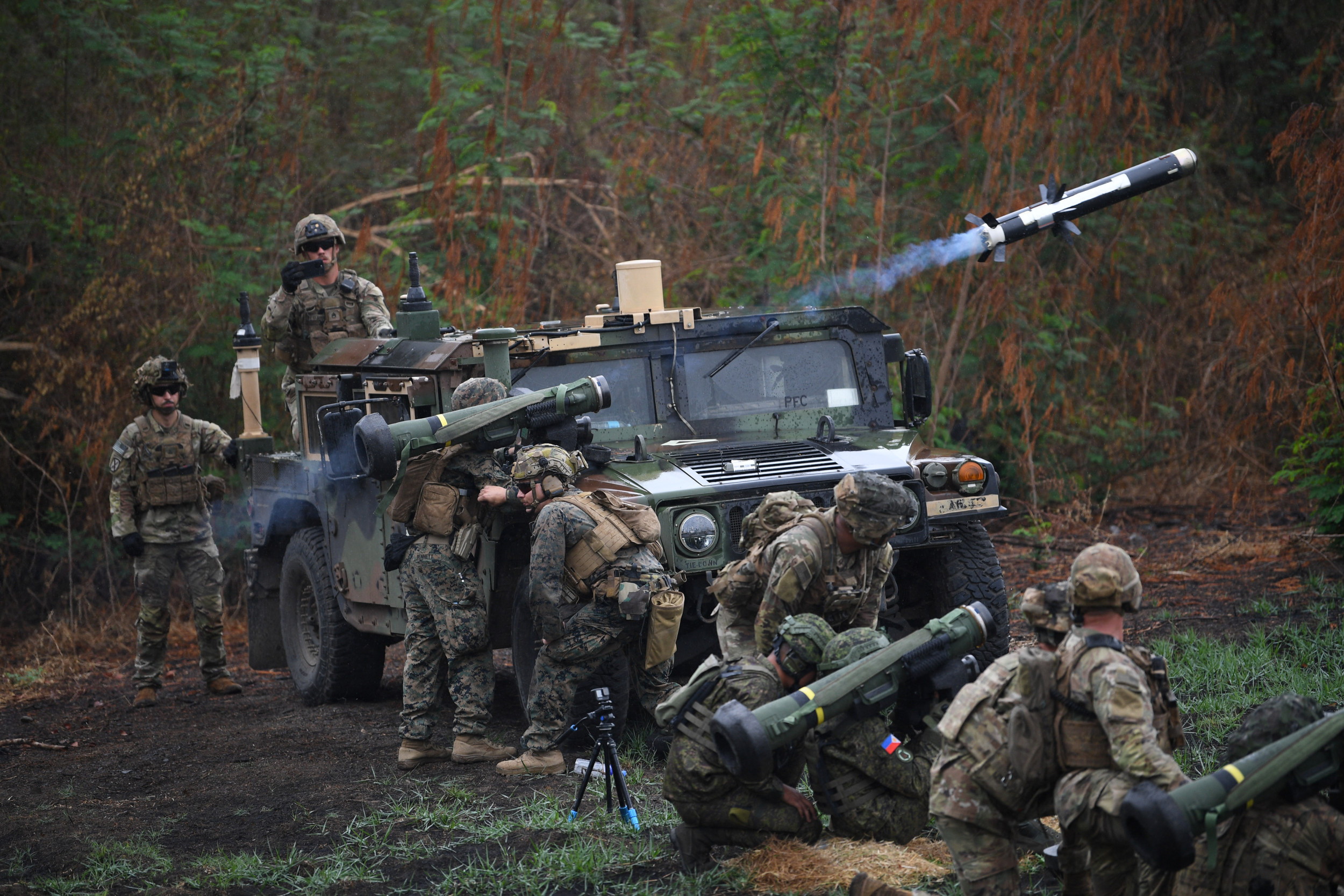Once upon a time there was a dollhouse. Santa brought it via UPS. The dollhouse was enormous, and when push came to shove--well, neither made any difference. It wouldn't fit in the car for the trip out to the country. Comet and Cupid were busy, so Mom called Pick-up--that is, the little girl's grandfather, who owned one. The dollhouse got to where
it was going, which was under the tree, and all was right with the world. If you don't believe it, check out the home movies. The little girl looks down from the top of the stairs and her Raggedy Ann eyes are on high beam. "A dollhouse," she croons. It was all worth it.
Was it all worth it? Whatever happened to that dollhouse? Younger cousin? Garage sale? Beats me. And yet it seemed so incredibly important at the time, the time being this time, when being Santa morphs into being beleaguered. That isn't new. In 1874 a British actress named Fanny Kemble wrote "Christmas is a season of such infinite labour, as well as expense in the shopping and present-making line, that almost every woman I know is good for nothing in purse and person for a month afterwards."
Finally, the much-vaunted war against Christmas, dreamed up by conservative megaphoners to decry irreligious department-store advertisements and town-square displays, seems to have run its course, toppled by its sheer irrelevance. But the worst thing about it was that it disguised the true war on the season, which takes place at home. I know; I'm a former foot soldier.
Power Rangers, Cabbage Patch dolls, mutant turtles. So many items made of plastic that needed to be tracked down and swiftly snagged. Surely, Mary and Joseph can't have trekked to Bethlehem, Herod and the Magi in hot pursuit, so that modern pilgrims could track down the trendiest toys. But since Santa brought what was requested by good little boys and girls, the absence of desired items beneath the tree could only be explained by two unthinkable eventualities: kids not good, or Santa not real. It was hard to get around that. Suffice it to say that Toys "R" Us is the only retail establishment I have ever visited at dawn.
There's a bromide about this: don't sweat the small stuff, and it's all small stuff. That's absurd. Lots of small stuff is really big. My children can track their childhoods in tree ornaments: the china bell for Baby's first Christmas, the triangle of felt and photograph made in Miss Hawe's third-grade class, the dinosaurs that marked the passionate enthusiasm of the onetime natural historian. The essence of the season lies in figuring out what small stuff is passing minutiae and what is enduring memory. Come to think of it, that may well be the essence of everything.
In another Christmas home movie, the former dino boy, then aged 5, looks into the lens and says as though he is imparting a great secret, "Do you know what a camera is? It's a time machine." I wish I had a time machine, if only so my older self could speak for just a few seconds to my younger one, to tell her to chill: everyone will survive if Talking Big Bird is sold out. It was only recently, many years after the event, that I discovered that little boy giving me the time-machine tip, a ghost of Christmas past. What trivial pursuit made me miss it at the time? Thank God the VCR offered me a second chance.
There's a story my father likes to tell about a Christmas many years ago, when the Depression meant that Santa's sack was slack. Late on Christmas Eve my grandfather, who had many children but no tree, drove up to the post office, where a fresh-cut fir had been placed over the lintel. He parked against the post office door and climbed on the car roof, at which point a police cruiser approached. When my grandfather told the officer what he was trying to do, the cop helped him take the tree down and put it in the car.
Everyone involved in this story is Irish, so I'm willing to accept that it may be apocryphal, but I don't care. It's about the spirit of Christmas because it's about understanding the power of the small symbol. As it says in "A Christmas Carol" about the Cratchits' pudding, "Everybody had something to say about it, but nobody said or thought it was at all a small pudding for a large family. It would have been flat heresy to do so."
The most enduring tales about Christmas are about recapturing those small moments, Scrooge and George Bailey on a guided tour of their own wonderful lives. But you don't really need the help of ghosts and angels. The truth is that once you've watched kids on a Christmas- morning high of ripping packages open, gloating over the contents for a nanosecond, and then moving thoughtlessly on to the next thing, you know that's not what they will ever take away from the day. You understand the power of that uncommon humdrum thing that glows in memory. That's what I would tell my younger self if I could go back. Find that. Worry about that. Make sure they have that.
The spirit of Christmas is a time machine.
Everything else is just plastic.
Uncommon Knowledge
Newsweek is committed to challenging conventional wisdom and finding connections in the search for common ground.
Newsweek is committed to challenging conventional wisdom and finding connections in the search for common ground.





